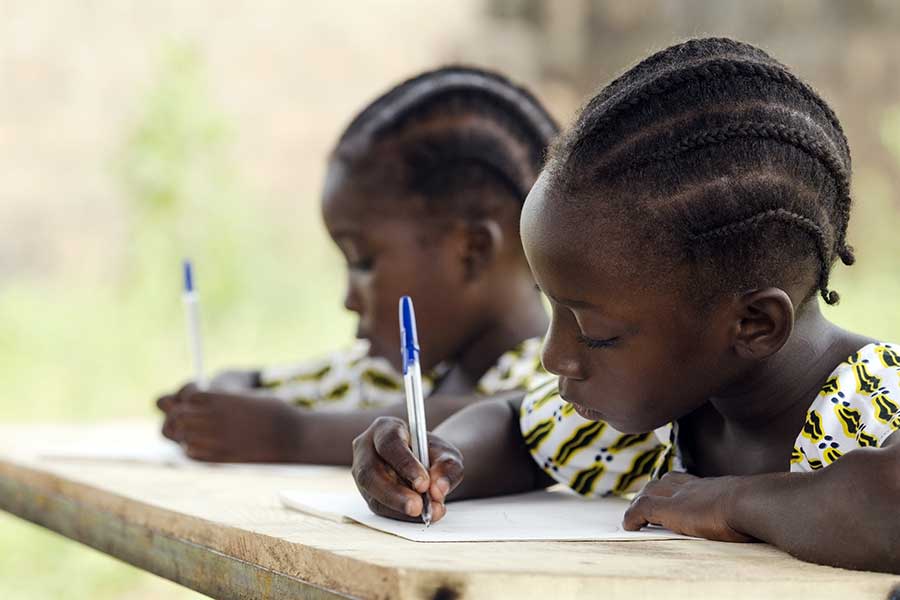The knowledge required for being informed about birth control methods also comes into play when African women are at particular risk of contracting sexually transmitted diseases such as AIDS. One study has revealed that girls who go to school are three times less likely to be infected with the HIV virus. Part of the problem is where young girls were getting their information about AIDS from. They believed that AIDS was a curse to punish the wicked, and also that anyone who looked healthy could not be HIV-positive. Ensuring women attend and stay in school is key to removing such dangerous myths and arming young girls with the understanding that will steer them clear from both early pregnancies and life-threatening sexually transmitted illnesses.
The high infant mortality rate and the prevalence of sexually transmitted diseases, both of which have a root from young girls not remaining in school, places further pressure on countries that already have strained social safety nets. Hospitals face chronic shortages in staff and resources needed to care for pregnant women and for those stricken with AIDs. As a result, governments spend more on taking care of a population that is unable to contribute rather than work on roads, water, and power systems that are in need of modernization and repair.
In light of these pressing social issues listed above, having more educated girls makes perfect sense. On average, girls who receive more education will spend on average 90% on her family.
African women also need a positive and healthy understanding of what being successful in society really means. In the past, young girls in Africa engaged in sexual relationships with older men for financial gain or finding a good husband that will take care of her and her family. As a result, it was impossible for young girls to believe in the idea that they could be independent enough to take care of themselves, rather than being dependent on men in order to survive. Sometimes this relationship evolves further into getting caught up in the commercial sex industry, tragically coerced by family members in order to pay for the bills and get food. In the end, they become little more than a service, paid by those who can afford it.
Keeping girls in school ensures two things. First, it gives them the education that will serve as tools later in life to not need to choose the path of marriage for financial convenience but instead become more self sufficient by earning a better income. It also gives them a level of confidence and a healthier view of themselves where they are not substandard to men as things but equal to them as persons.
The final point to address is that once the effort is made to keep young girls in the education system in order to improve their lives and the families they care for, little additional effort is required down the road for the following generations. Women who learn the value of education today will teach their children what they know and send their girls to school, and in turn these girls too will continue that practice. The domino effect from this transference of knowledge will wash over all the societies of African nations like a tidal wave, except in this case it will bring constructive positive development instead of the heart-rending news we read about in the newspapers and watch on TV.
